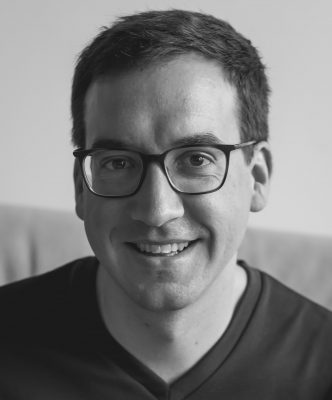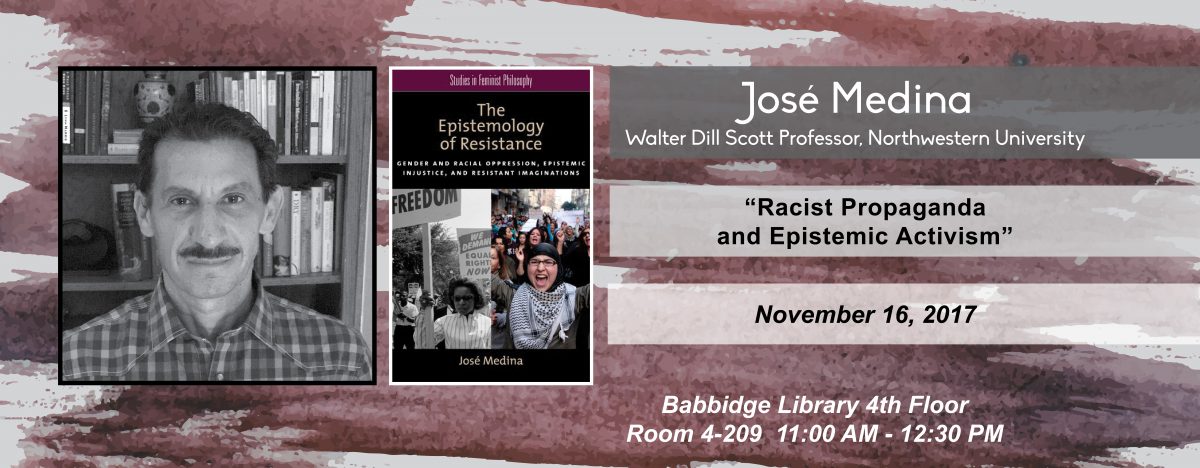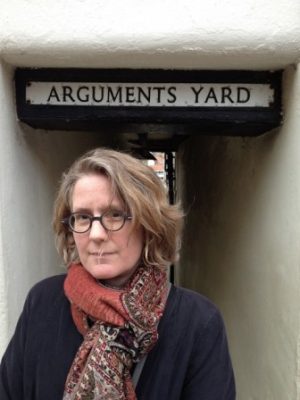 Jennifer Saul Professor of Philosophy
Jennifer Saul Professor of Philosophy
“Dogwhistles and Figleaves: Techniques of Racist Linguistic Manipulation”
April 5, 4:00-5:30 Babbidge Library, UCHI Conference Room
Jennifer’s primary interests are in Philosophy of Language, Feminism, Philosophy of Race, and Philosophy of Psychology. Her most recent book was Lying, Misleading and What is Said: An Exploration in Philosophy of Language and in Ethics (Oxford University Press 2012). Currently, she is working on racism in political speech. In 2011, she received the 2011 Distinguished Woman Philosopher Award in Washington, DC; she has also been chosen as Mind Association President for 2019-20.
Abstract: Until recently, it was widely believed that explicit expressions of racism would doom a political candidacy in the United States. Yet nonetheless racism was a frequently used tool that won many elections. This talk examines one of the methods, the dogwhistle, that allowed such racist electoral victories. It then turns to the present day, in which explicit racism is proving remarkably successful. Here I explore a different linguistic technique, the fig leaf, which I take to have enabled this success.
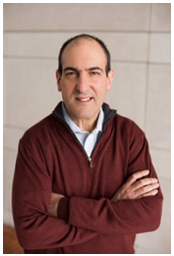 Sanford Goldberg
Sanford Goldberg 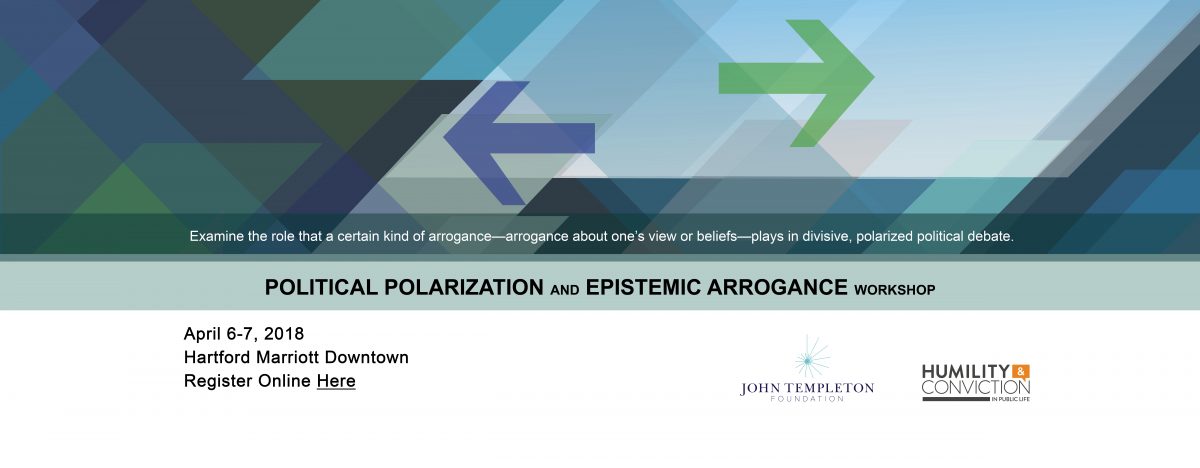

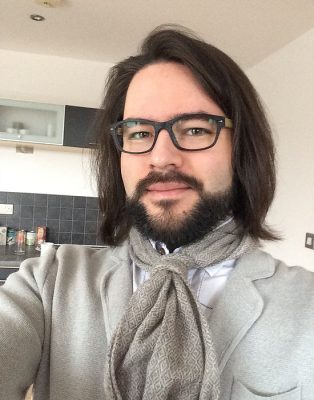 Trystan Goetze
Trystan Goetze 